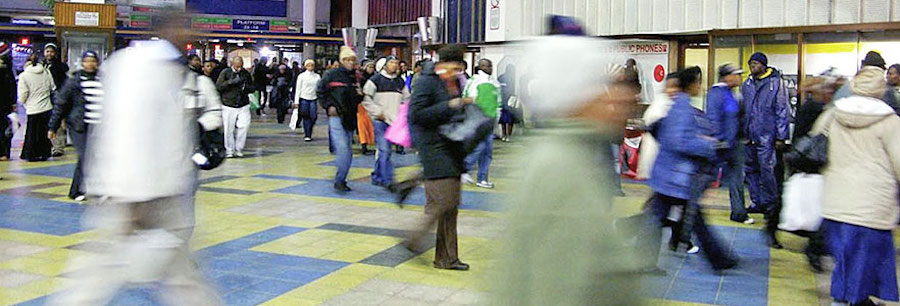
How can you build a bridge without considering the impact on the communities it connects?
There is a growing understanding that cultural resources are a powerful contributor to economic development, social stability and environmental protection. The critical question remains how these visionary objectives can be realised on the ground if development remains focused on hard infrastructure.
Half the world’s urban dwellers live in settlements of less than 500,000 inhabitants. These cities, predominantly in developing economies, are under unprecedented pressure amidst changes driven by relentless population growth and urbanisation.
Smaller settlements are seeing their physical environment alter as well as the tangible and intangible cultural attributes of their society. The notion of identity and cultural values are under siege. This is due to the homogenisation effects of globalisation and the erosion of cultural legacy as a result of climatic calamities and conflict.
From our partners:
In my view, sustainable development is only possible if it acknowledges the fundamental impact this urban transition has on local cultural capital. A changing cultural landscape affects how we see ourselves, our aspirations, and how we live and shape our environment.
These are critical times, with more and more societies across the world challenged by radicalisation and the stresses of climate change and urbanisation. Now, more than ever, the debate about the role of culture in urban resilience – particularly in smaller urban centres – needs to be brought to the fore.
“Cultural resources can no longer be handled simplistically as the invisible glue that magically holds society together.”
At a time when societies around the world are facing an uncertain future, I believe a more sensitive development approach is long overdue.
We urgently need a development model, that:
1. Embeds culture as a fundamental right because it represents one of the most formative and existential dimensions of what it means to be human
2. Considers culture in its pluralistic diversity as an intrinsic component of human development
3. Does not focus on weighting values but acknowledges interdependencies as part of a broader urban system
4. Can harness the power of culture to ensure an equitable and inclusive society.
Ever-evolving culture is a product of the everyday ritual of life; it captures as much of the now as it projects our shared image of tomorrow.
This feature is written by Caroline Sohie originally appeared in Arup.














